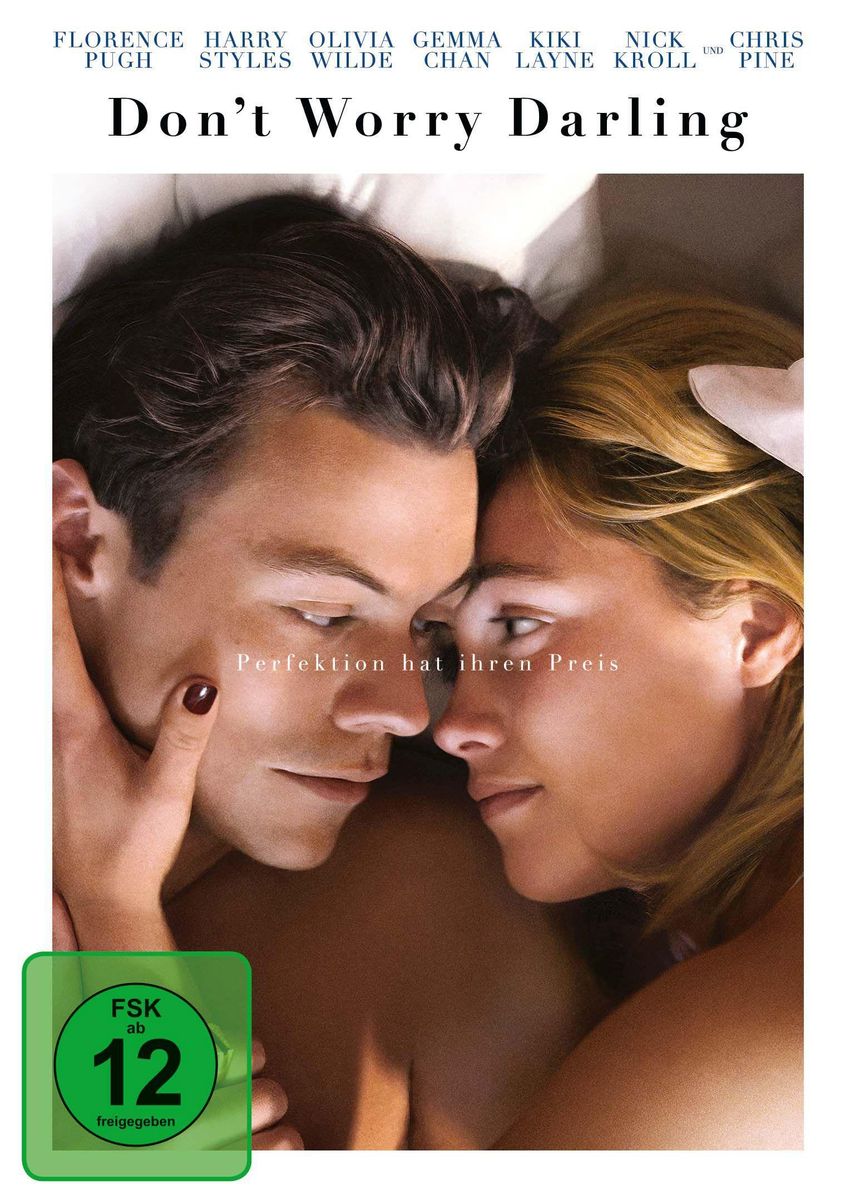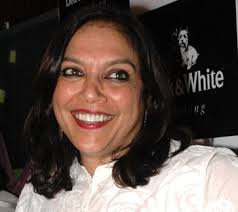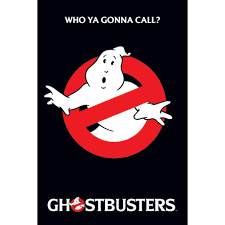
Introduction to Don’t Worry Darling
‘Don’t Worry Darling,’ directed by Olivia Wilde, has captivated audiences since its premiere, blending psychological thriller elements with social commentary. The film’s exploration of gender roles, mental health, and the 1950s domesticity has resonated widely, marking its importance in contemporary cinema. Its relevance is amplified by the rich discussions it has inspired regarding societal expectations and personal freedom.
Plot Overview and Themes
Set in a seemingly idyllic 1950s community, the narrative follows Alice (Florence Pugh), who begins to unravel the facade of her perfect life. Her husband, Jack (Harry Styles), appears charming yet mysterious, and as Alice uncovers truths about their world, the film delves deep into themes of control, liberation, and the profound effects of conformity. The psychological depth of Alice’s character highlights the struggles many face with mental health and societal pressures.
Reception and Cultural Impact
Upon its release, ‘Don’t Worry Darling’ sparked a blend of praise and controversy. Critics have lauded Pugh’s performance, describing it as a standout amidst a strong supporting cast that includes Chris Pine and Gemma Chan. However, the film also faced criticism, particularly regarding its narrative execution and pacing. Despite its divided reception, the film has continued to maintain a robust presence in popular culture, leading to various discussions on platforms like social media and film critique forums.
Significance for Viewers
The significance of ‘Don’t Worry Darling’ extends beyond entertainment; it serves as a catalyst for conversations about women’s agency, the impact of the patriarchy, and the complexities of love and control. As audiences reflect on Alice’s journey, they are prompted to examine their positions within societal structures. The film’s unique blend of thriller elements with profound thematic content makes it a noteworthy examination of human experience in today’s context.
Conclusion and Future Outlook
In summary, ‘Don’t Worry Darling’ offers more than just a gripping narrative; it presents a mirror for audiences to confront their own realities. As discussions continue, the film’s impact may lead to heightened awareness of the issues it portrays. Looking forward, it is expected to inspire future filmmakers to explore similarly challenging themes, pushing the boundaries of storytelling in cinema. Ultimately, whether viewed as a critique or a celebration of complex narratives, its legacy is likely to endure, prompting viewers to ponder the question: What are we really willing to accept in the pursuit of perfection?
You may also like

Exploring the Life and Works of Mira Nair

The Legacy and Impact of Ghostbusters
